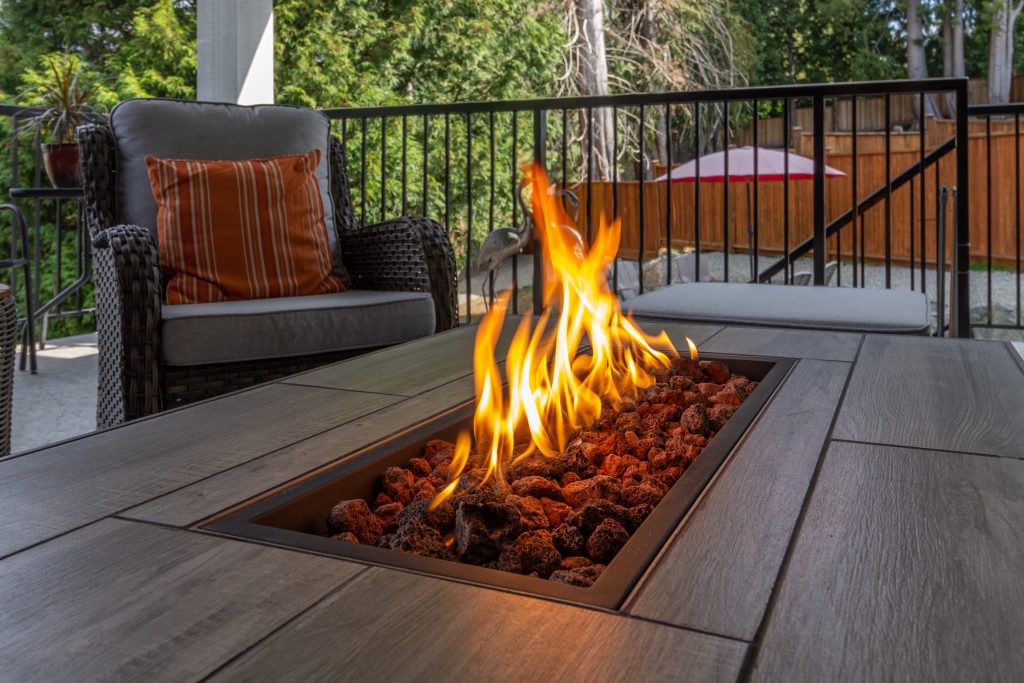To prevent carbon monoxide leaks, ensure that gas appliances are properly vented and regularly maintained. Install carbon monoxide detectors in your home, particularly near sleeping areas, and test them regularly to provide early warning of any potential CO leaks.

Yes, there are several ways to conserve natural gas and reduce energy bills. Tips may include adjusting thermostat settings, insulating your home, using energy-efficient appliances, and performing regular maintenance on gas equipment.
Yes, many homes and businesses can switch to natural gas if it is available in their area. Contact your local utility company to find out if natural gas is available and to learn about the installation process.
Peace Power seeks to combine competitive pricing with a customer-centric approach to provide value to its consumers. We offer competitive rates for natural gas, which could result in savings compared to traditional utility companies. Being a smaller provider, we focus on personalized customer service, ensuring that customer queries and concerns are addressed promptly and efficiently. In addition, we offer flexible billing options, such as budget billing plans, which allow consumers to spread the cost of natural gas over the year, making it easier to manage utility expenses. Furthermore, we have shown a commitment to supporting local communities. By choosing Peace Power as a utility provider, consumers may also be indirectly supporting community initiatives and development. Combining cost-competitive natural gas service with a commitment to customer satisfaction and community engagement, we present an attractive option for Edmonton residents seeking an alternative to larger utility providers.
To locate the gas shut-off valve in your home, check near the gas meter, which is often on the exterior of the house or in a utility area such as a basement. The shut-off valve, typically a lever or knob, is usually found on the pipe leading to the gas meter, allowing you to cut off the gas supply to the entire house. It’s crucial to familiarize yourself with its operation, as it might require a wrench to turn. Additionally, individual gas appliances may have their own shut-off valves for isolating gas to that appliance. For specific guidance, consult with your local gas company or a professional plumber, and remember, in case of a gas emergency, prioritize evacuating the area safely.
When natural gas is used to heat water, it works kind of like a natural gas furnace, but for water. The natural gas burns and heats a component called a heat exchanger. The cold water comes into the water heater and goes around this heat exchanger. As it does, the water gets warm from the heat of the burning gas. Then, this hot water is sent to your taps or shower when needed.
Yes! Peace Power offers a fixed-rate natural gas plan on a 1-year term at a rate of $3.49/GJ. Get the same service at a more predictable rate so you never have to worry about unexpected spikes on your bill. Learn more about our natural gas rates and plans on our natural gas service page.
Links